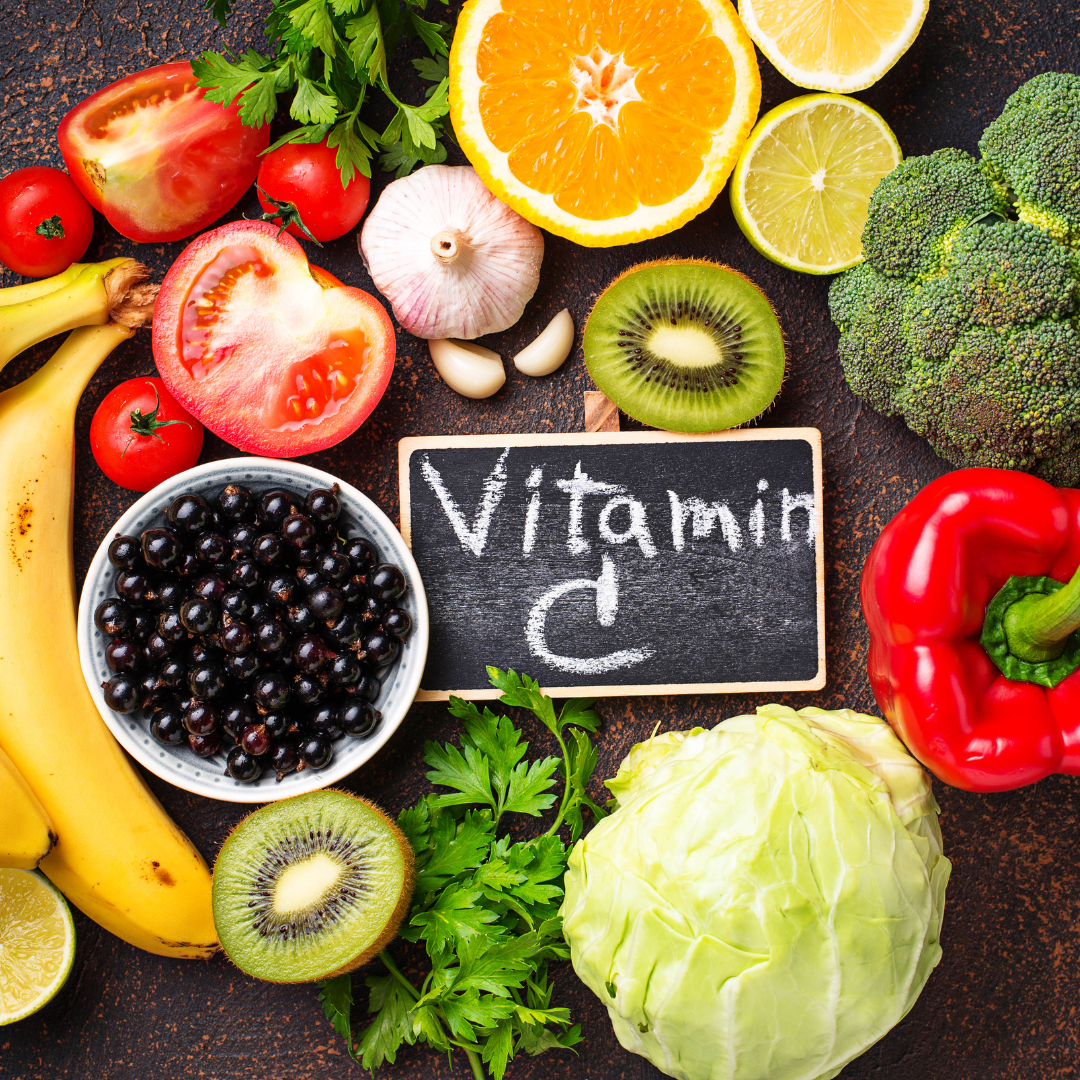
The Superpower of Vitamin C: A Comprehensive Guide to Immune Health and Sources
Vitamin C, or ascorbic acid, is often hailed as the "immunity superstar" due to its remarkable role in enhancing immune system function. Beyond its immune-boosting prowess, this water-soluble vitamin offers an array of other health benefits. In this article, we will explore the multifaceted advantages of vitamin C, with a focus on its impact on immune health. Additionally, we'll categorize its sources into fruits, vegetables, and supplements to help you maintain optimal vitamin C levels.
The Immune System Champion
Vitamin C is renowned for its ability to strengthen the immune system. Here's a closer look at how it works:
Boosting White Blood Cells: Vitamin C encourages the production and activation of white blood cells, which are vital for defending the body against infections and diseases.
Antioxidant Action: This vitamin is a potent antioxidant that helps neutralize harmful free radicals in the body. By reducing oxidative stress, it protects immune cells and maintains their effectiveness.
Enhanced Skin Barrier: A healthy skin barrier is crucial for preventing pathogens from entering the body. Vitamin C promotes collagen production, improving the skin's resilience to infections and environmental threats.
Inflammation Control: Chronic inflammation can weaken the immune system. Vitamin C possesses anti-inflammatory properties, helping to regulate excessive inflammation.
Sources of Vitamin C
To harness the benefits of vitamin C, it's essential to incorporate it into your daily diet.
Fruits are among nature's most abundant sources of vitamin C. Citrus fruits like oranges, grapefruits, lemons, and limes are iconic bearers of this vitamin, with a medium-sized orange containing more than 100% of your daily recommended intake. Strawberries add both flavor and nutrition, boasting a significant vitamin C content, making them a delightful dietary inclusion. Kiwi, though small, delivers a potent punch, providing approximately 71 mg of vitamin C per fruit. Guava, often overlooked, is a vitamin C powerhouse, contributing substantially to your daily intake. And, don't forget papaya; one cup of papaya chunks provides more vitamin C than you might expect.
When it comes to vegetables, bell peppers, both red and green, are top contenders for vitamin C content. A medium-sized pepper offers well over 100% of your daily requirement. Broccoli, a nutritional powerhouse in its own right, provides a notable dose of vitamin C in addition to dietary fiber. Among leafy greens, kale stands out as a vitamin C champion, making it a valuable addition to your diet, complementing its array of other essential nutrients.
Supplements can serve as a reliable backup when dietary intake falls short. Ascorbic acid supplements are perhaps the most common and cost-effective form, available in various dosages to suit individual needs. Vitaminis Immune Support offers as much Vitamin C as 3 oranges, or 200% of your daily value, in a convenient juice shot that tastes great, is portable and does not require refrigeration. With no added sugar or strange ingredient, Vitaminis liquid shots are easy to drink and digest, whether you take them straight, add them to a smoothie or use them to wash down your other supplement pills or medicine.
In conclusion, vitamin C is a versatile nutrient that not only fortifies the immune system but also contributes to overall health. Regularly incorporating vitamin C-rich foods into your diet, such as citrus fruits, strawberries, kiwi, bell peppers, broccoli, and kale, can help bolster your body's defenses against infections and maintain well-being. However, when dietary sources fall short, supplements can step in to bridge the gap. Vitaminis Immune Support juice shots offer a convenient and tasty way to ensure you are incorporating enough Vitamin C into your diet.
